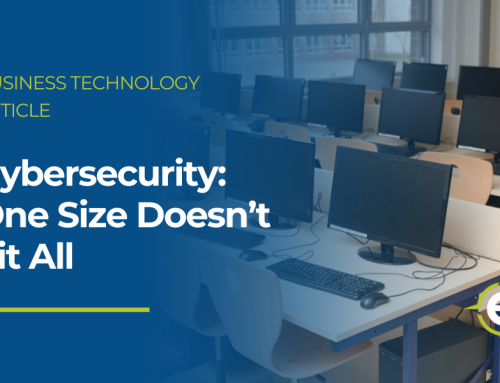Your Guide to Great Security Hygiene
Staying safe online does not need to be complicated. We have put together a few common, non-technical processes that help improve your daily security hygiene. Remember that the following tips aren’t isolated to work, we encourage you to apply them to your personal life and promote security awareness within your household. Cybercriminals don’t just target you at work!
- Create strong, unique passwords or passphrases for every account.
Great security hygiene begins with strong passwords that are at least 12 to 16 characters long and are never used for more than one account. Even better, replace your traditional passwords with passphrases, which are strings of words that make sense to you such as obscure quotes from your favorite book or song. This tactic makes them easy to remember but hard to guess. - Consider using a password manager in your personal life.
We know it’s hard to keep track of every account you own. To help in your personal life, consider getting a password manager. Password managers create, store, and sync your login credentials across multiple devices. Here at work, be sure to know and follow our organizational password policies. - Avoid connecting to public WiFi without a VPN.
When working remotely, never connect to public WiFi without a VPN. VPNs, or virtual private networks, provide an encrypted connection that helps prevent cyber criminals from intercepting your traffic and stealing your data. - Secure your work-from-home environment (if applicable).
If you work from home, remember that organizational policies still apply. Be sure to secure your work-from-home environment by keeping your devices locked when not in use and preventing other members of your household from accessing anything work related. - Keep your work area clean and organized.
When working in a traditional office, keep your area clean and organized. Believe it or not, messy desks qualify as security risks. It’s a lot easier to misplace sensitive materials, ID cards, and other important items if your workstation is disorganized. - Report all security incidents immediately.
Where sensitive materials are concerned, always store them in a secure manner, and shred them when no longer needed. Proper disposal prevents unauthorized access to sensitive data. - Always follow our organization’s policies.
Keep in mind that despite our best efforts, security incidents may happen. So if you see something, say something immediately! The longer an incident goes unreported, the more damage it could cause. From phishing emails, to unsecured doors, every incident, even those that seem minor, should be reported immediately.








